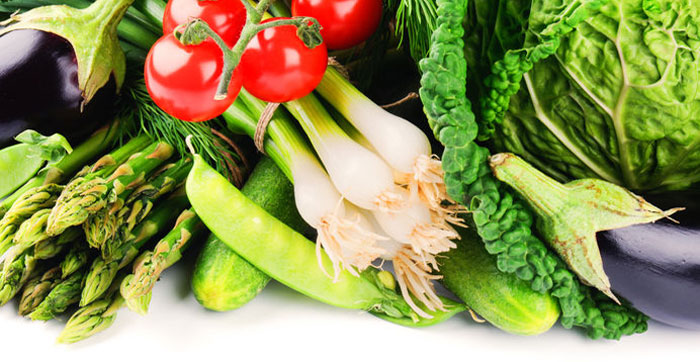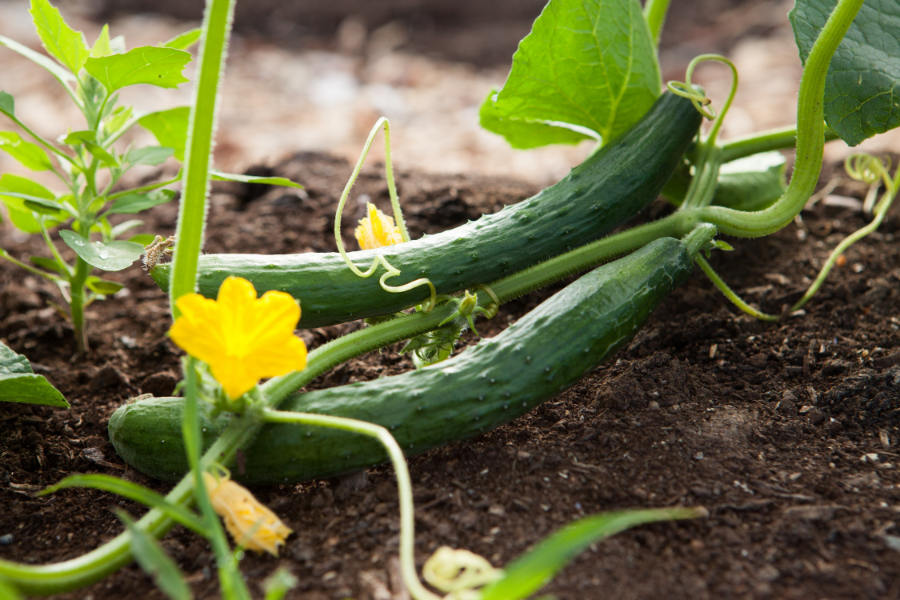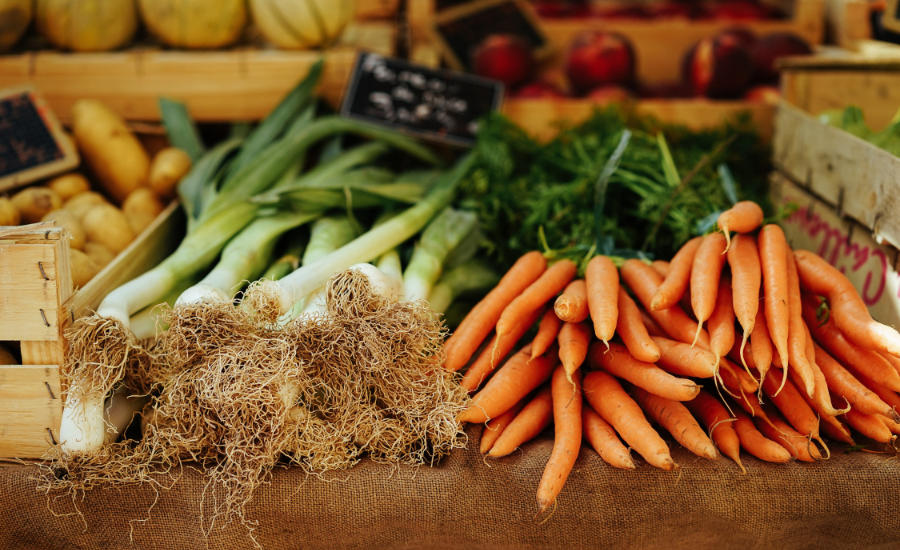There is an increasing awareness with regards to organic foods vs non-organic foods, with many people choosing to buy organic for a variety of reasons, with the most popular reasons given are that of reducing toxin exposure, being better for the environment and increasing nutrient intake. In this article we review some of the considerations that surround the organic vs non-organic debate.
There are a number of conflicting studies regarding organic and non-organic produce and the data extracted from these studies have been criticised in relation to selective data extraction, funding influences and more. One prime example of this was a review study looking at 109 research papers on the organic vs non-organic subject that was later found that only 27 of the 109 papers were valid for comparison.
With powerful multinational corporations involved within our food industry, it is unlikely that we will ever have a clear answer on the debate of organic vs non organic, but what we can do is look at organic food vs non-organic food with a little common sense.
The health of our soil
The health of our soil will determine the health of the crop produced. Some soil and thus plant life are exposed to soil full of microbial life that contains millions of bacteria that help breakdown anything that falls on the land. These bacteria can then process it and make the nutritional content available to the plant.
Something that is well accepted is that the food we eat can influence our health, thus why would it be any different for the plants or animals we consume. If we only exposed our food to the most minimal amount of nutrients possible, why should we expect that food to provide us with the sustenance that we require to support our health.
You are what you eat, eats!
Nutrient Loss through conventional medicine
Articles have shown substantial losses in important minerals like magnesium, zinc, selenium and potassium. Magnesium, zinc and selenium are also very common insufficiencies that I see in clinical practice. Whether these insufficiencies or deficiencies are being caused by a lack of these nutrients in our food or whether the demands of modern day living increases the need for the nutrients are hard to say. It is probably a little from column A, and a little from column B.
Beyond the debate of primary nutrients such as the vitamins and minerals they have time and time again been shown to contain higher levels of secondary metabolites. These are substances like antioxidants and phytonutrients
Essentially phytonutrients act as self defence mechanisms for the plant, helping protect them against bugs, UV rays and other forms of potential damage. In small amounts these substances have been shown to be beneficial to human health and linked to preventing numerous diseases such as various cancers, diseases associated to cognitive decline, diabetes, heart disease and more.
Conventional farming prevents the natural die off of weak crops, allowing weak crops with low phytonutrient levels and poor self-defence capabilities to survive due to the chemical pesticides and fertilisers doing the defence work for the plants.
Organic food has been shown to contain higher level of antioxidant phytonutrients and polyphenols which has been linked with improved anticancer potential with organic foods.
Reducing toxin exposure
For me this is one of the most crucial areas of the organic vs non-organic produce debate.
Naturally our body has the ability to detoxify substances that we are exposed to. Some are able to do this better than others, whether related to certain genotypes, pre-existing imbalances, or insufficiencies and general state of health.
To a degree our body is able to process some low-level exposure to chemicals with little or no side effect. One thing that has not been studied however, is the effect of exposure to numerous low-level compounds and the effect this might have on our physiology. Unfortunately, the sheer number of toxins that we are exposed to now make this type of research impossible to determine cause and effect.
We are now being exposed to thousands of chemicals daily, none of which have been tested in combination to see how our body reacts. The reality is they only need to show safe levels for the single chemical, however, what’s to say you are not being exposed to ten, one-hundred or even a thousand chemicals at clinically safe levels every day you step out your door with no idea on the accumulative effect.
There is mounting evidence now that foetal health and development can be influenced by chemicals we are exposed to causing reductions in IQ for those exposed to the highest levels of organophosphates, with some mounting research now extending the link in children with ADHD and chemical exposure.
One study by Houlihan et al, 2005 demonstrated in 10 different new-borns 287 chemicals were found in the umbilical cords, all of which were linked to cancer, developmental problems and/or nervous system damage.
Unfortunately, we live in a toxic world now, and there is no way you can escape all forms of chemicals, all we can do is try and reduce our exposure where possible and try and protect those most vulnerable.
One study from Holland noted how organic dairy foods where able to reduce eczema risk in the first two years of life compared to non-organic dairy.
Practical tips for cleaner eating
Ultimately eating a healthy single ingredient wholefood-based diet in accordance to your caloric requirements and the correct macro levels (protein, fats and carbs) is the first step. If you are then looking to optimise your nutrition further and budget allows, I believe choosing organic food should become part of your food choices moving forward.
If you eat animal products, I’d recommend this as a good place to start. When choosing organic foods, you may also find the Environmental Working Group (ewg.org) dirty dozen and clean fifteen list useful. How relevant this is the UK or EU crops I am yet to find any data on this.





